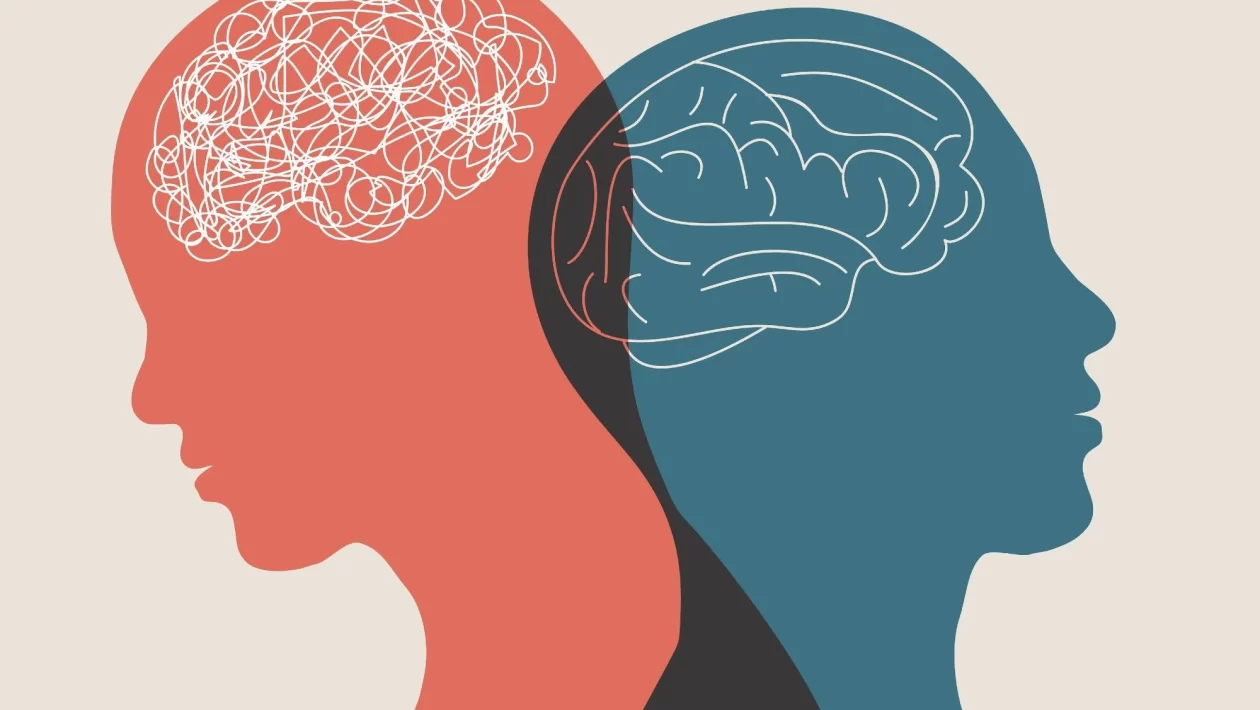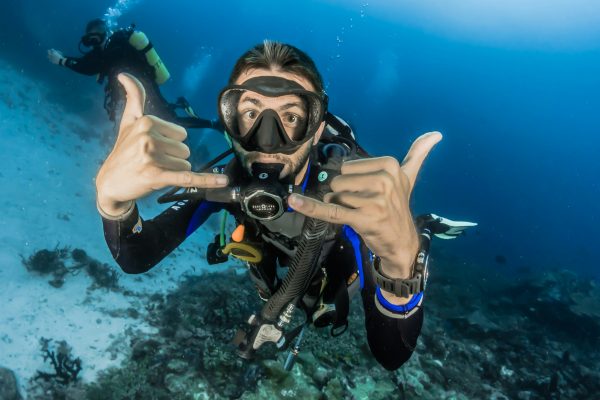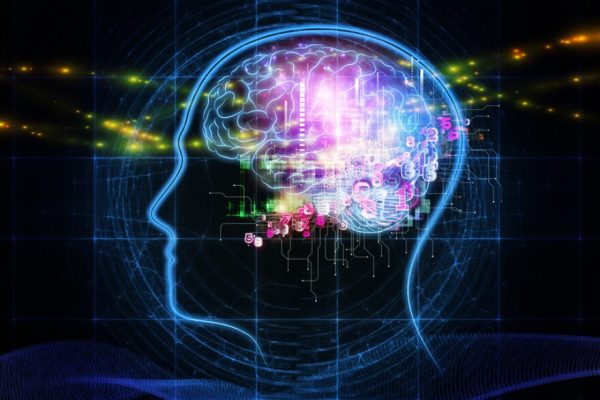Most people undergoing the addiction recovery process are also diagnosed with co-occurring disorders. As per the UK Statistics, 86% of people in Britain receiving addiction help or treatment have a co-occurring disease, and around 44% of them with drug dependency suffer from a mental illness.
Living with mental illness is difficult for many reasons. For example, a person may feel irritated, experience anxiety attacks, have sleeping problems, and feel excruciating pain. As a result, they rely on the substance to function. Likewise, if a person is dependent on drugs or alcohol, they can develop severe anxiety, paranoia, and in some cases, psychosis.
While many emotional issues can substantially impact a person’s addiction, including low self-esteem, guilt, grief and anger management problems, they are generally considered symptoms instead of disorders. Below we will discuss the seven most common mental illnesses and risk factors people develop due to addiction.
- Eating Disorders
Individuals who are self-conscious about their body image and obsessed over imagined flaws in their appearance often depend on drugs, such as stimulants or diet pills and alcohol, to reduce their appetite and increase confidence. Hence, eating disorders, such as anorexia and bulimia, are commonly seen in individuals going for addiction recovery and treatment.
- Bipolar Disorders
Bipolar disorder is a condition where an individual’s brain function or chemical function is affected, and they experience uncontrollable, severe episodes of depression and mania. To suppress these symptoms, people with bipolar disorders self-medicate using drugs and alcohol, leading to severe addiction and increased attacks.
- Generalized Anxiety Disorder
Individuals who experience recurring, frequent anxiety and panic attacks along with symptoms such as depression, functional impairment, restlessness, and sleep disturbances are diagnosed with generalized anxiety disorder. These frequent anxiety attacks cause individuals to rely on drugs and alcohol or misuse the prescribed anxiety medications, such as Xanax, to enhance social skills or cope with anxiety symptoms.
- Schizophrenia
One of the severe mental conditions, individuals with schizophrenia may experience hallucinations, delusions, psychosis, and disorganised thinking, making it difficult to distinguish between reality and fantasy. Hence, most schizophrenics take drugs and alcohol to cope with the severe symptoms.
- Attention Deficit Hyperactivity Disorder (ADHD)
An individual having attention deficit hyperactivity disorder (ADHD) may struggle with impulsive behaviour and an inability to focus. IN ADHD, most individuals use stimulants to overcome the symptoms. However, many young adults are seen abusing the prescriptions or using alcohol and drugs as self-medication to suppress their symptoms.
- Post-Traumatic Stress Disorder (PTSD)
After experiencing a traumatic event, such as a car accident, death of a loved one, war, violent crimes, etc., most individuals develop post-traumatic stress disorder. In PTSD, people can have nightmares and hallucinations and experience flashbacks of the traumatic event they experienced. While some overcome the symptoms with proper addiction counselling and treatment, others use alcohol and drugs to relieve them, leading to emotional imbalance and sleep disturbances.
- Personality Disorders and Mood Disorders
Borderline personality disorder, or BPD, is the most common personality disorder, characterised by various symptoms, such as severe mood swings, intense emotional imbalance, and impulsive behaviours. Also, people with personality disorders face difficulty maintaining healthy relationships with others; hence, they turn to substance use as a coping mechanism.
Treatment of Co-occurring Disorders
Treating people with co-occurring disorders requires a safe addiction recovery plan that not only helps cease alcohol and drug use but also identifies the underlying cause. While each individual has different needs, most drug addictions, alcohol addictions, and mental illnesses need a combination of a few techniques for a successful recovery. A few options that you can adopt to help treat co-occurring disorders are:
Individual Counselling
Individual addiction counselling addresses the root causes of addiction, which includes learning new mental health treatment techniques and identifying the mental conditions you are suffering from. One-on-one counselling also teaches new coping mechanisms to relieve stress and symptoms.
Cognitive Behavioural Therapy (CBT)
Cognitive behavioural therapy is the process of changing one’s behaviours and thinking patterns. A form of psychotherapy, CBT works on an individual to change how they feel, react, and believe something so they can recover effectively from addictions and substance use disorders. For example, CBT changes a person’s negative thoughts to positive ones. (ambien)
Support Groups
Peer support groups are another effective way of treatment. By being a part of a team, individuals receiving or undergoing addiction counselling and therapy can discuss their challenges with others in the group who are facing the same challenges or have been through them.
Medication-Assisted Treatment (MAT)
While medication-assisted treatment is not helpful in all cases and is only used when necessary, it helps individuals manage the withdrawal symptoms associated with drug and alcohol addiction. In addition, most rehab clinics use certain medications and behavioural therapies together that give an individual a better chance of addiction recovery.
Treatment Centers
When it comes to treating co-occurring disorders, it’s important that you choose a facility that is equipped to handle both problems.
There are two types of treatment centers: inpatient and outpatient. Inpatient treatment centers provide 24-hour care and include programs that last anywhere from 30 days to six months.
Outpatient treatment centers offer less intensive programs that typically last one to three days per week for several weeks.
While rehab centers aren’t designed specifically to treat co-occurring disorders, they do offer an integrated approach to treating both physical dependence on drugs or alcohol as well as psychological problems like anxiety or depression.
A comprehensive treatment program will include medical detox followed by individualized group therapy sessions and relapse prevention coaching that targets both addiction and underlying causes.
This luxury rehab Los Angeles can provide all these benefits for those with the means to pay for a more comfortable stay.
Choose the Right Treatment for your Co-occurring Disorder
Alcohol and drug addictions or substance use require professional addiction help, regardless of the accompanying co-occurring disorders. While some individuals benefit from outpatient addiction rehab clinics, others feel better at full-time inpatient treatment programs. It will help if you talk to your mental healthcare provider to choose the proper treatment for your addiction recovery.





